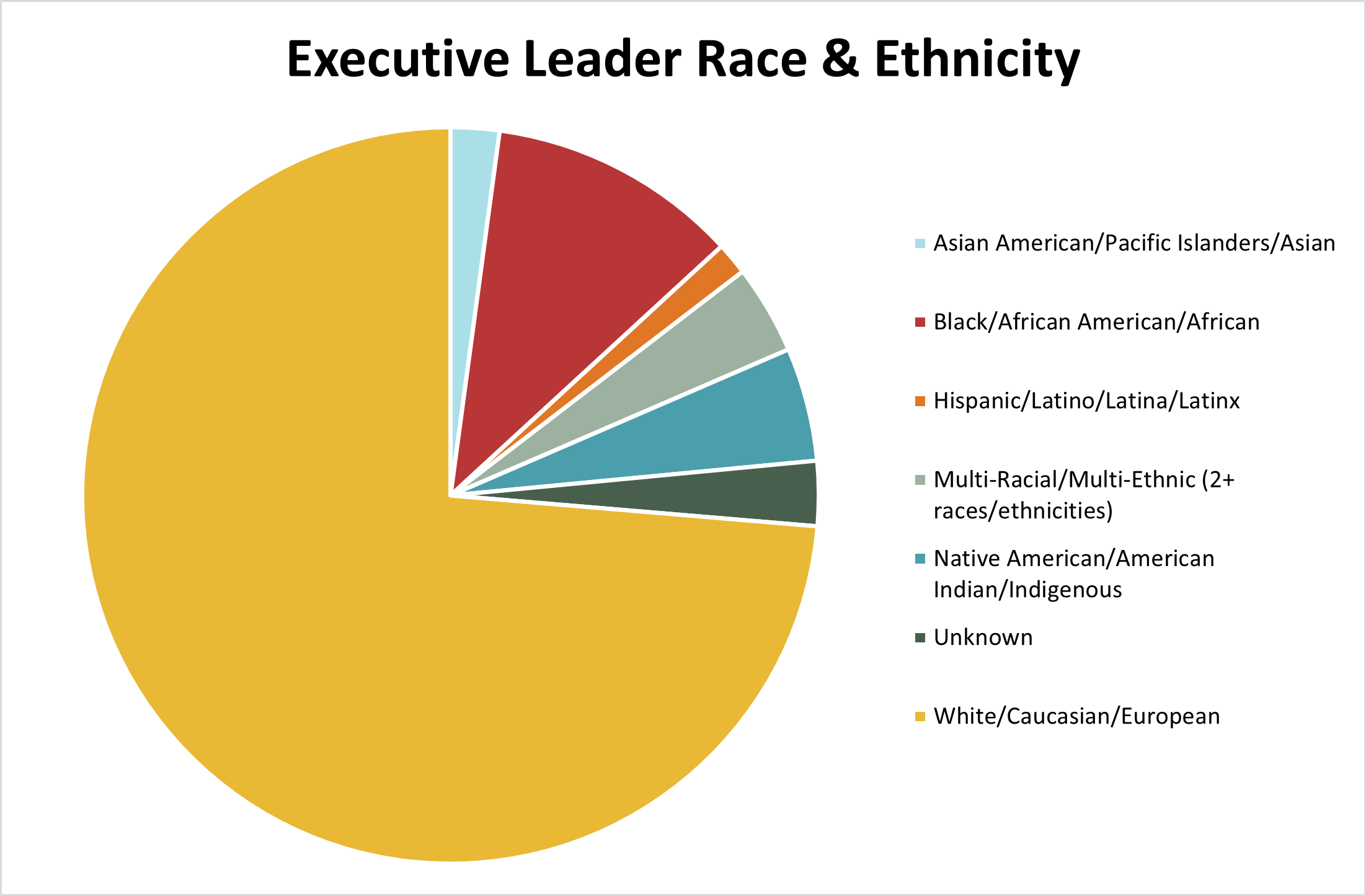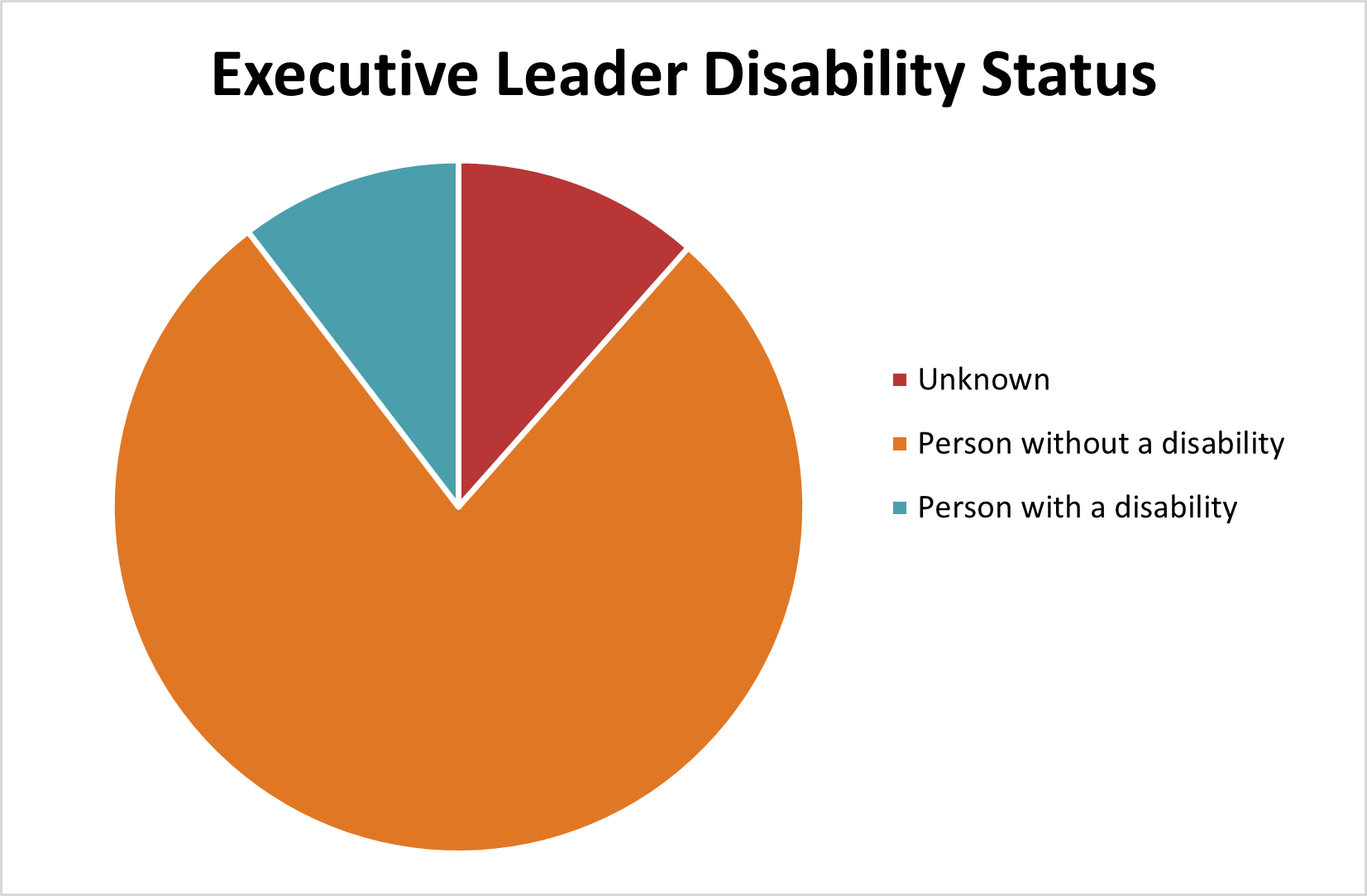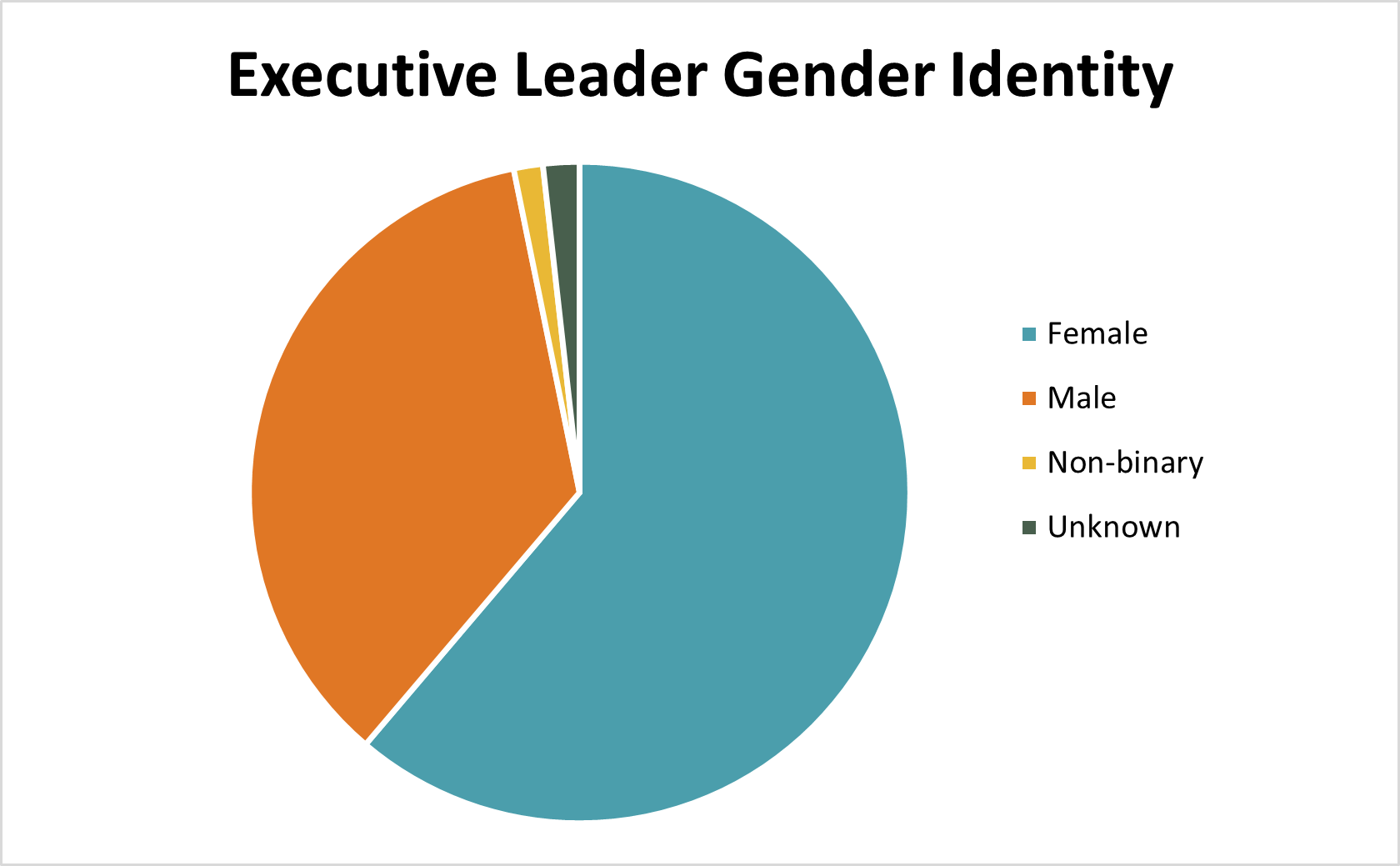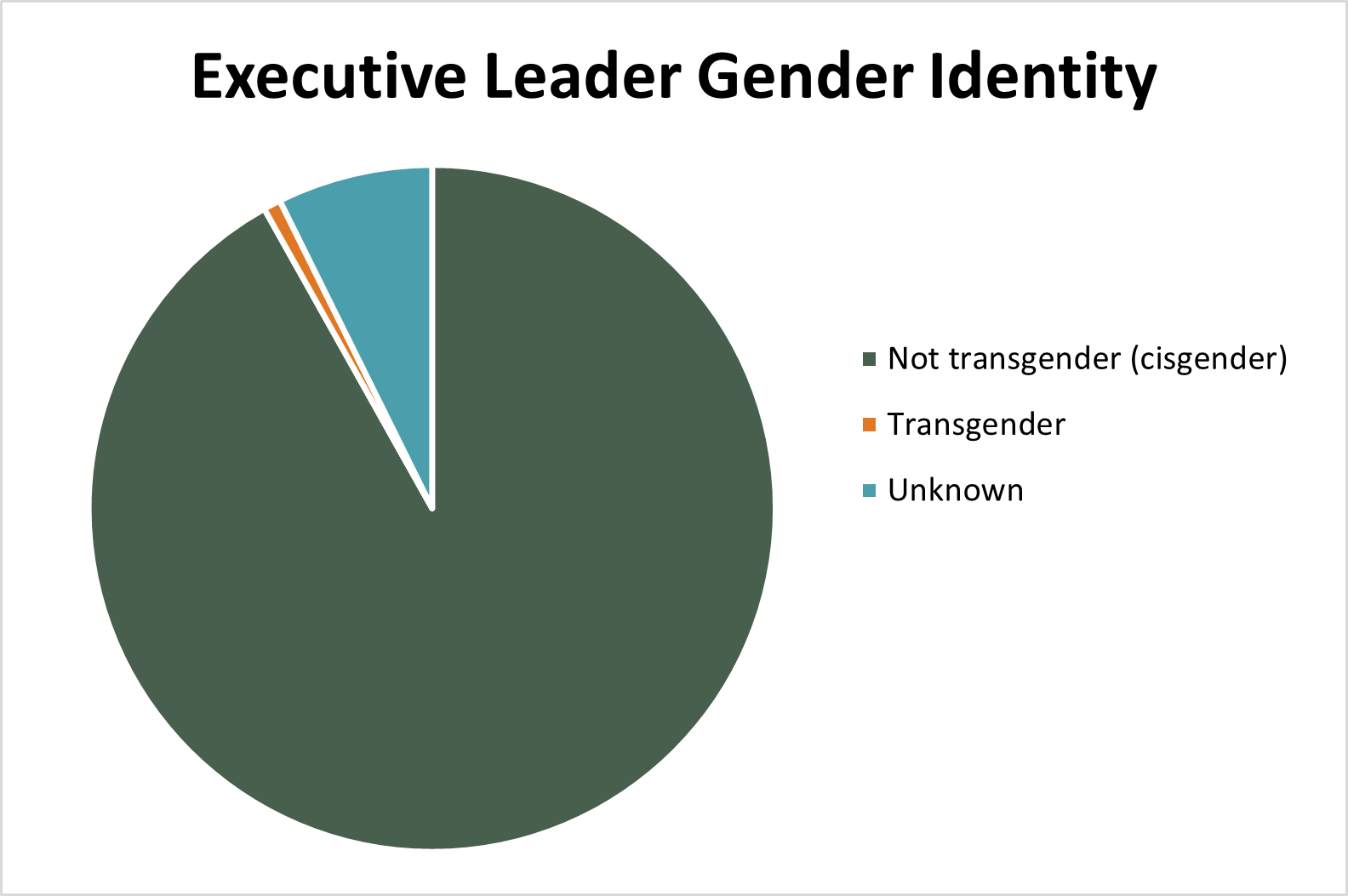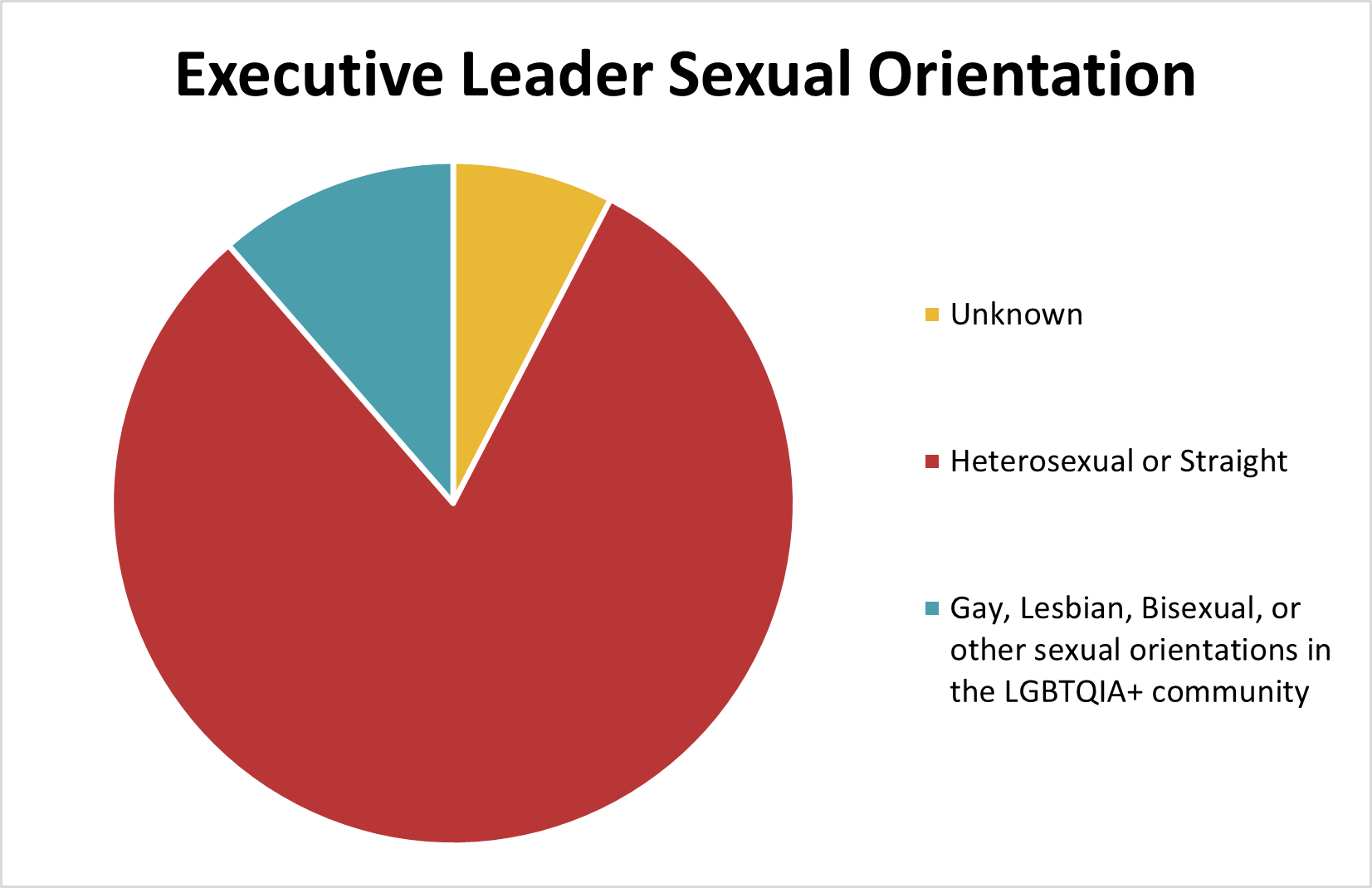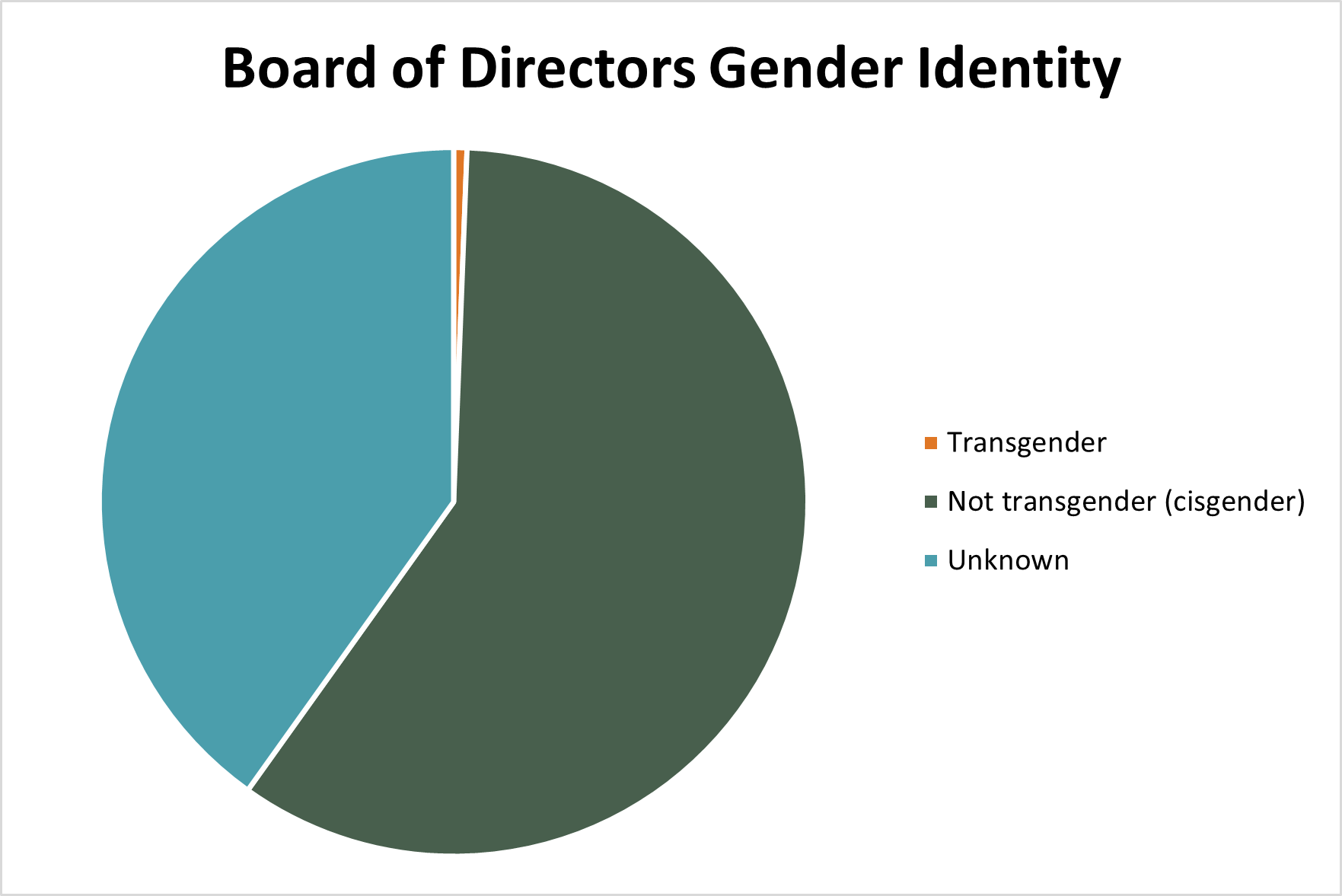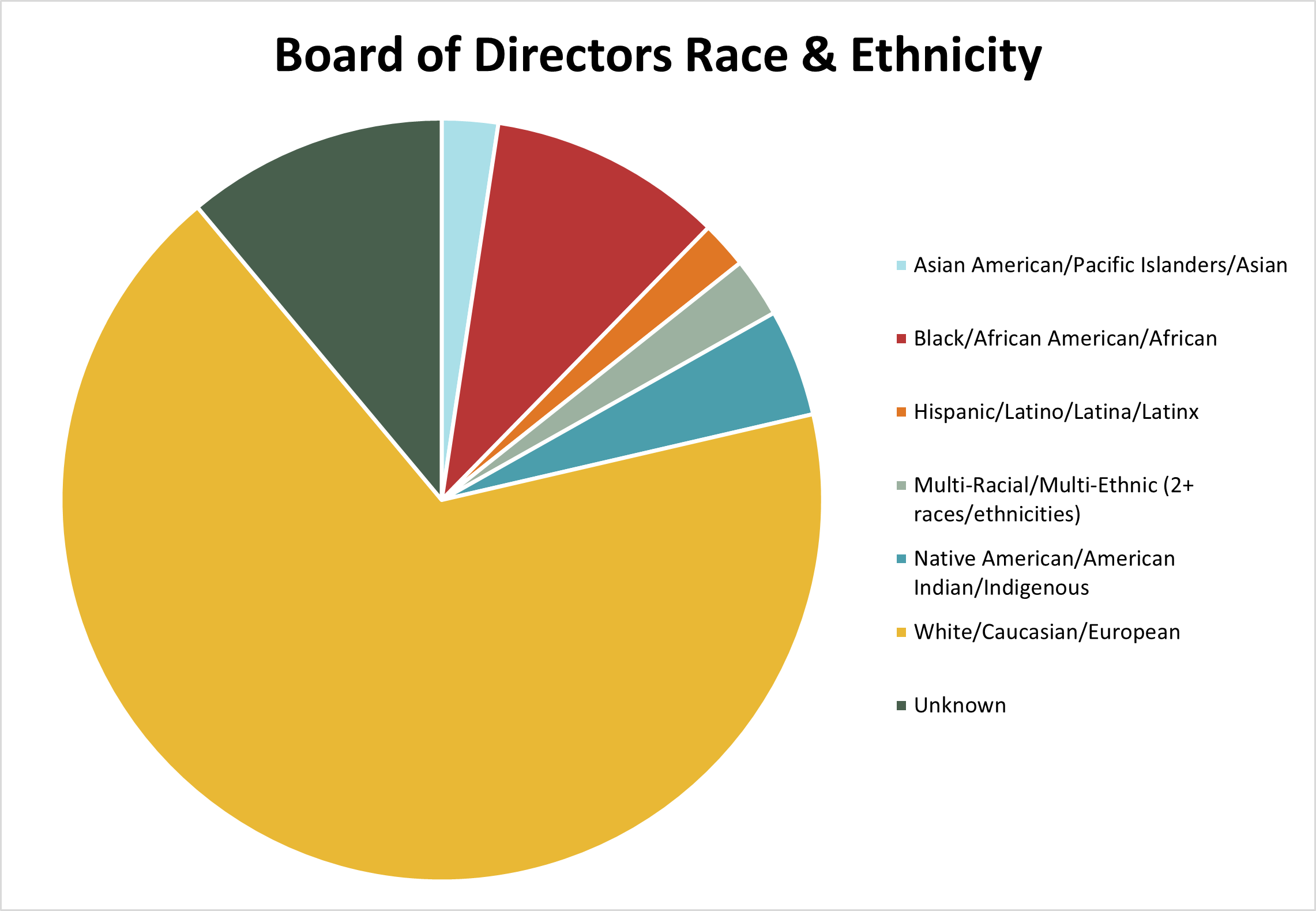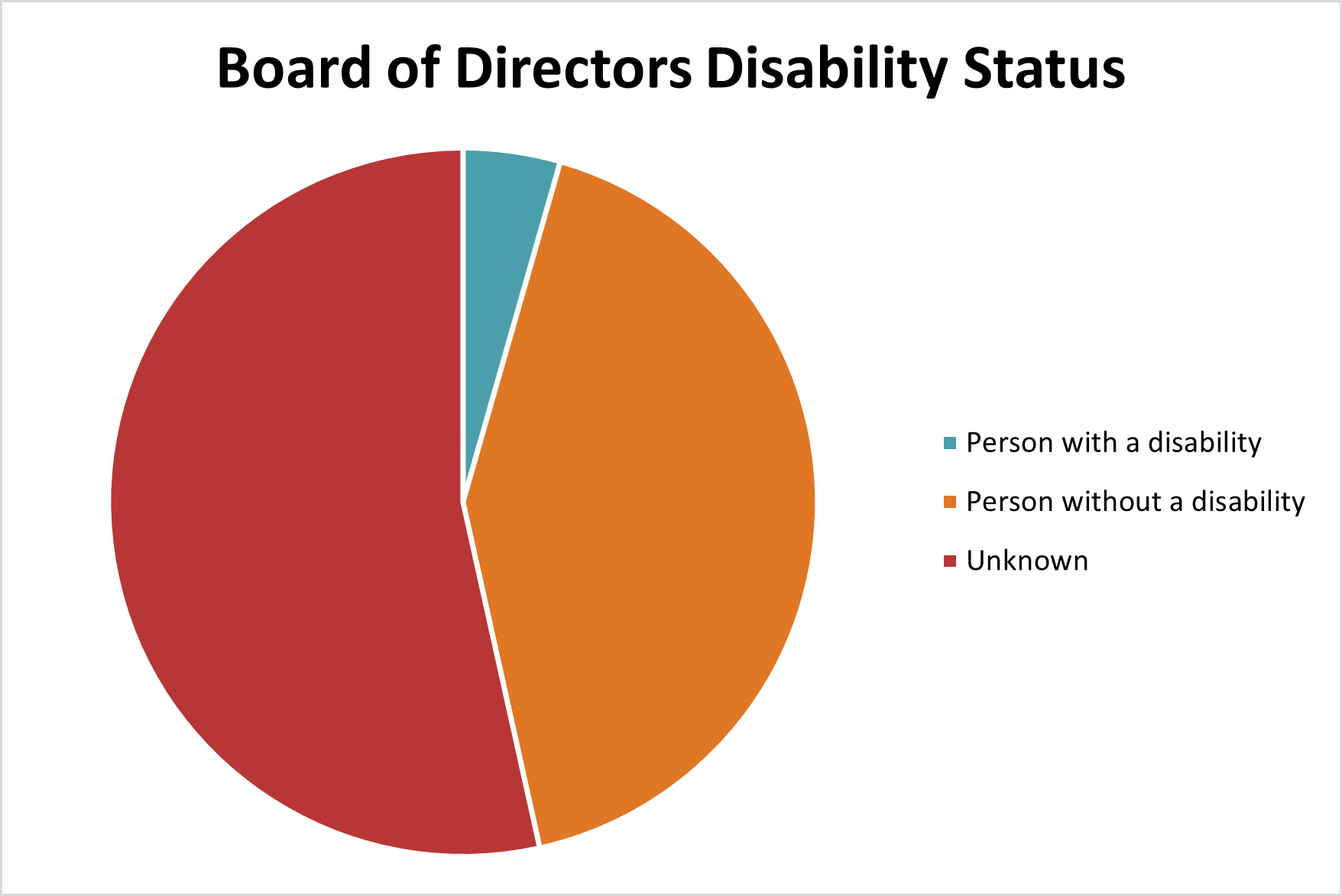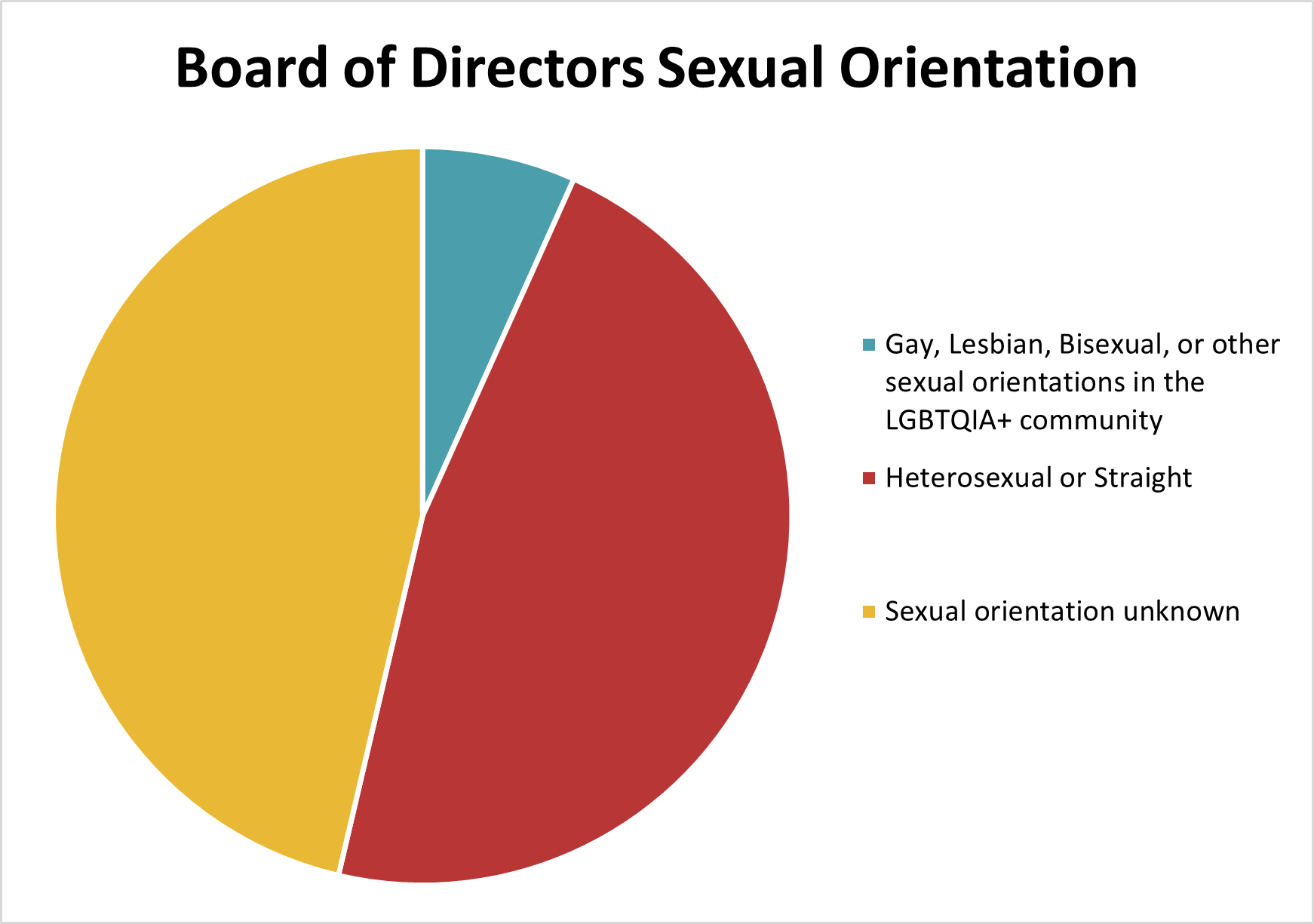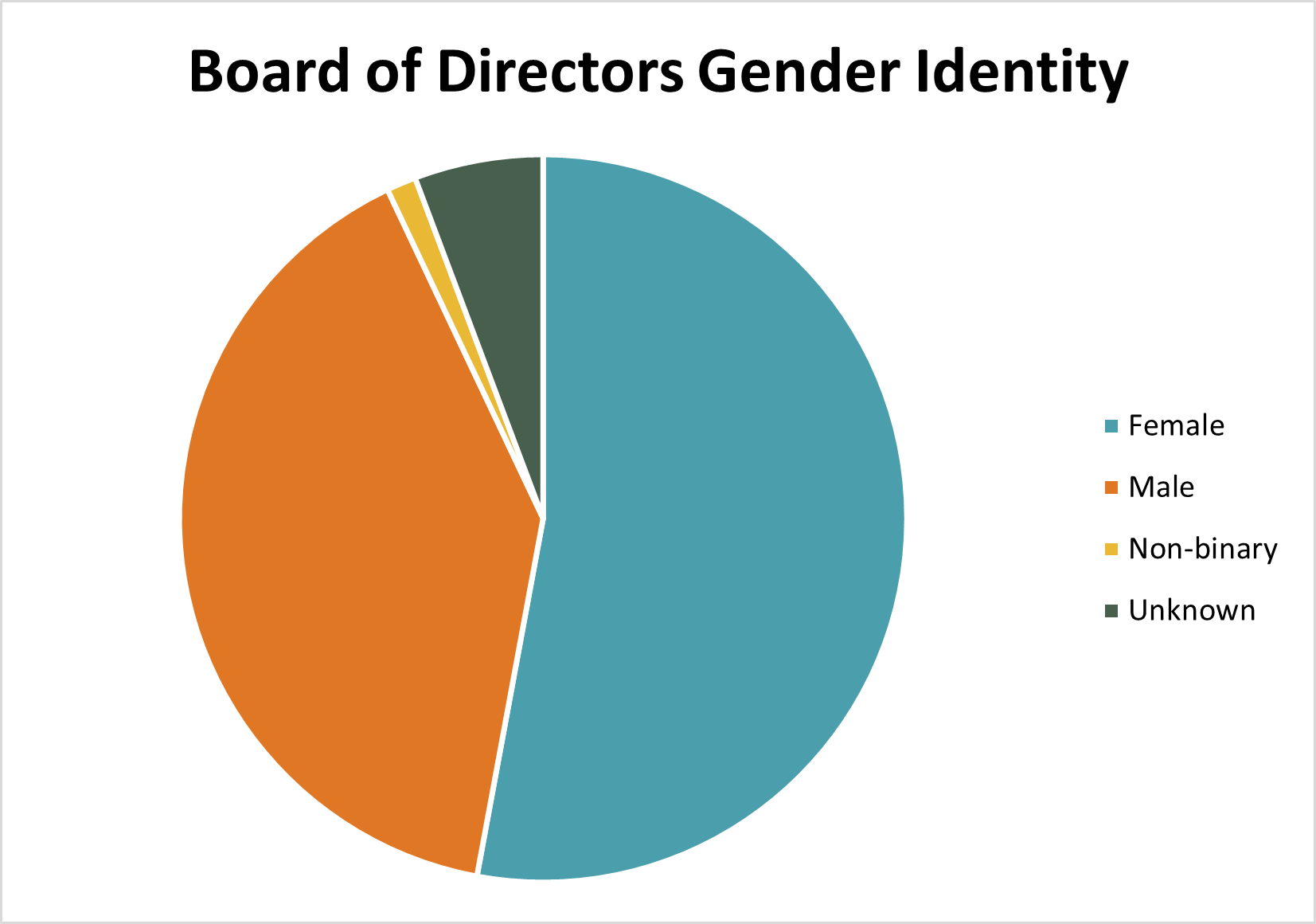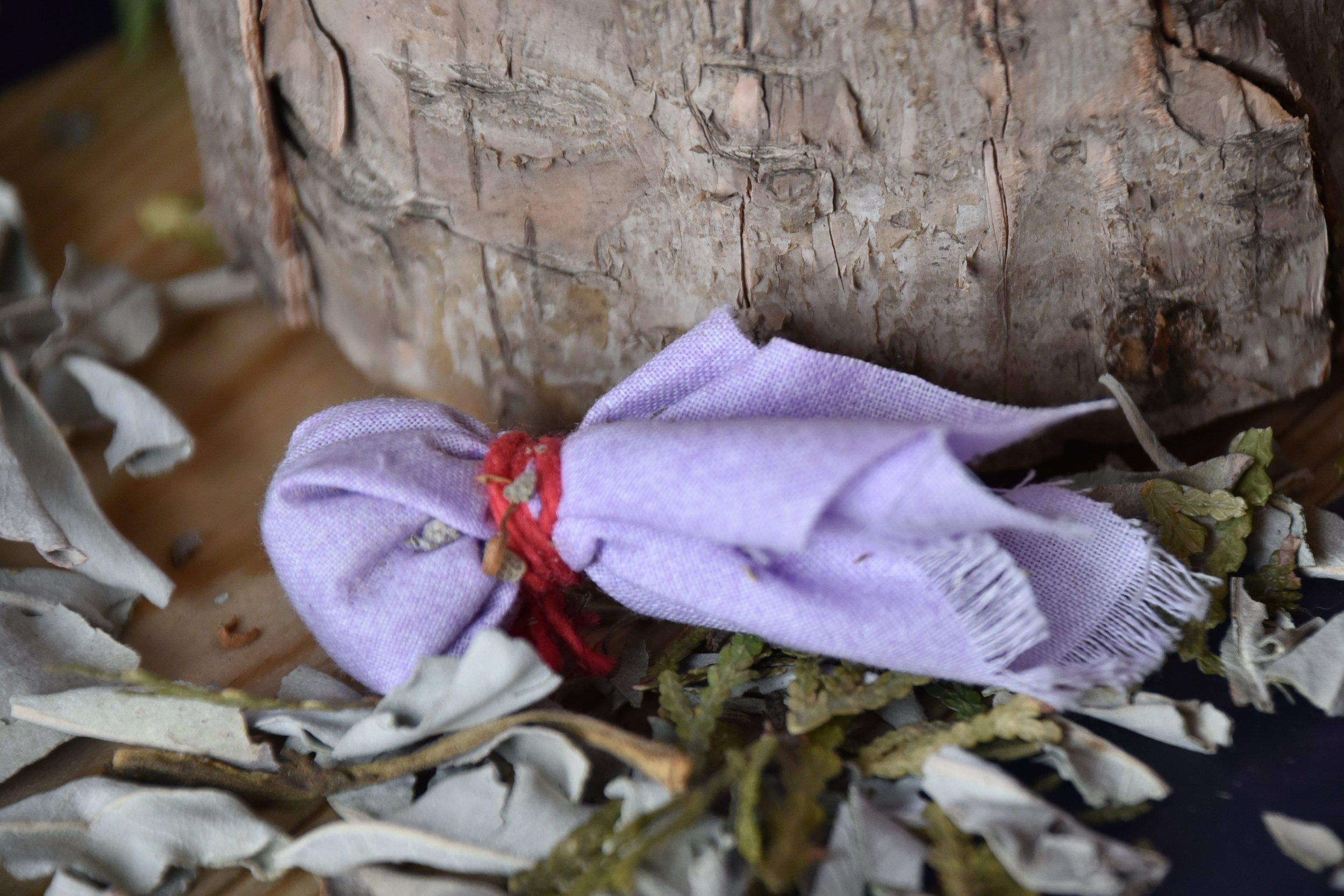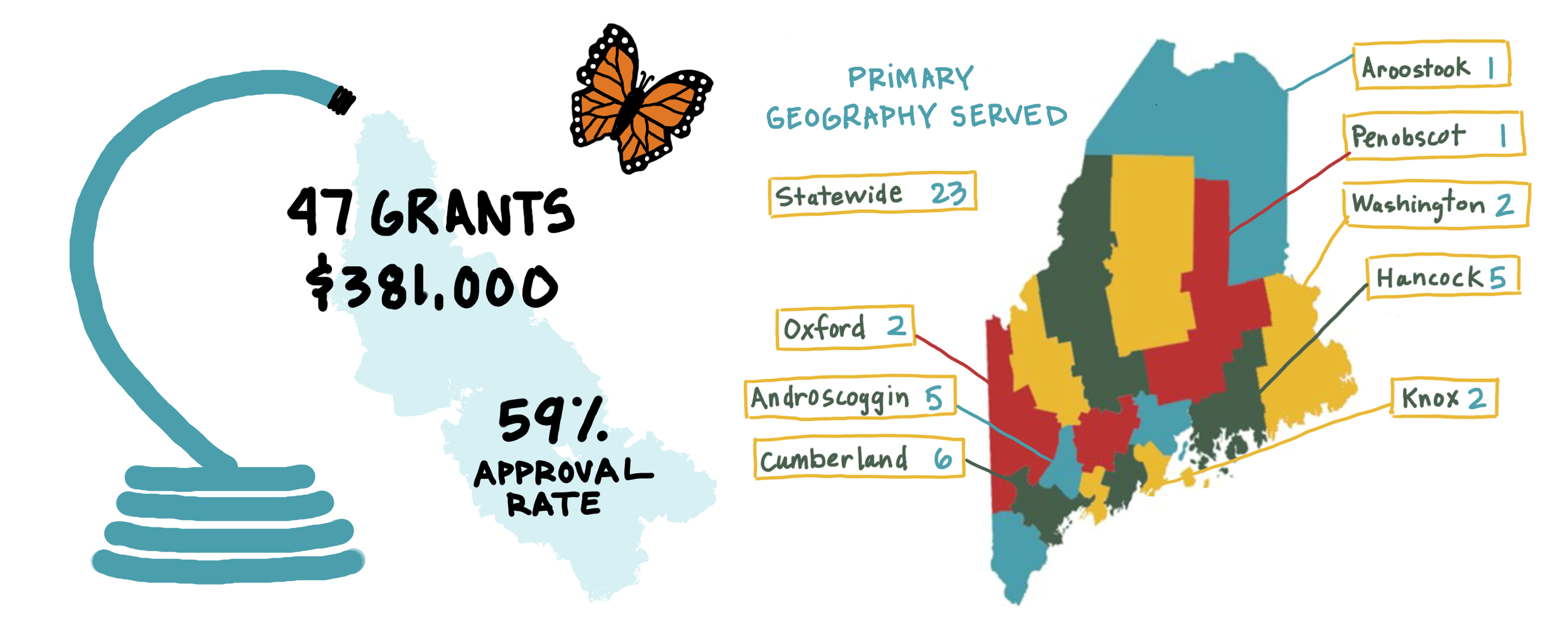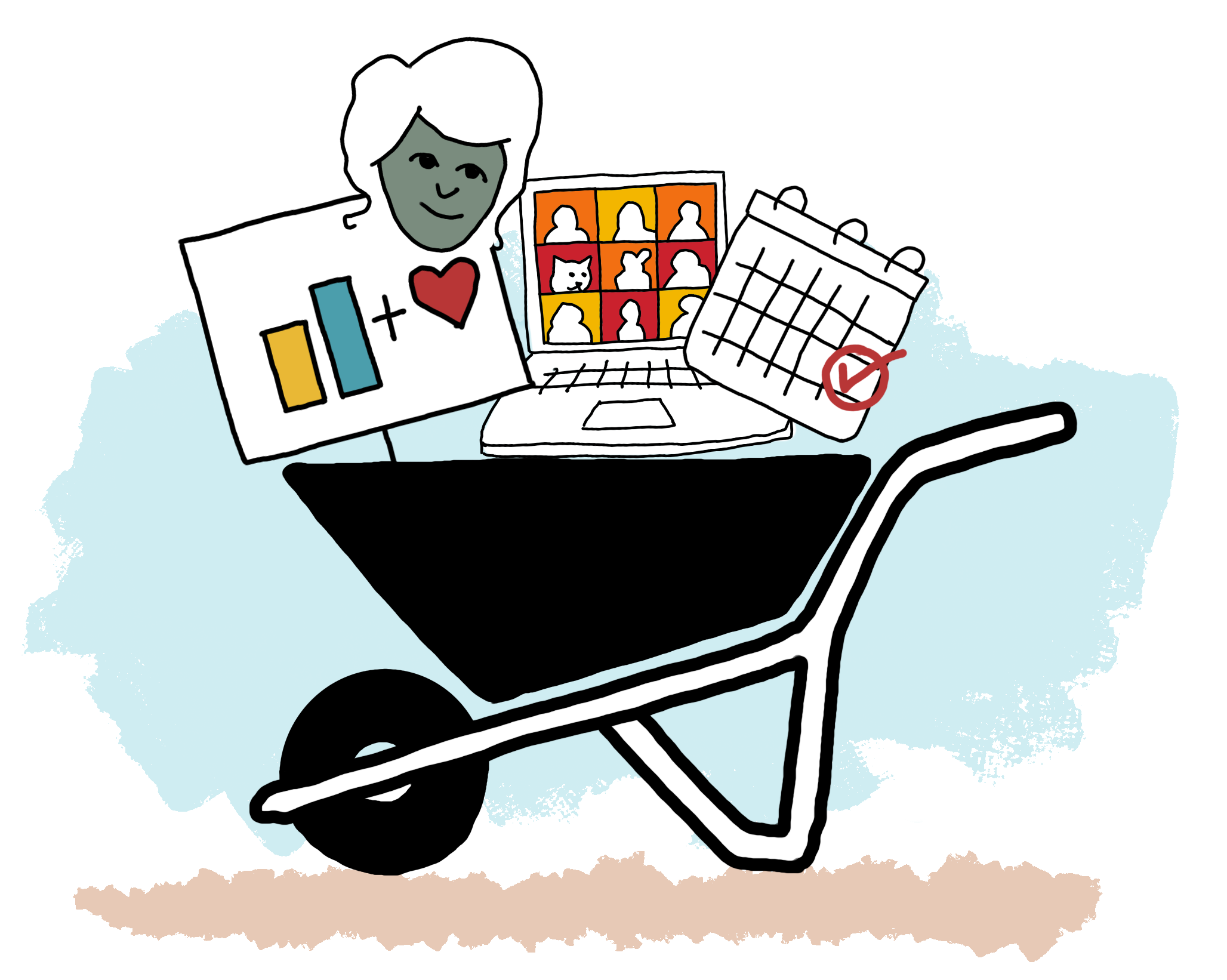When we shared our first annual report in 2020, we knew it was an important piece of building trust through transparency and accountability. What we didn’t realize was that these annual reports are also a gift of reflection. Reflecting on the year that has passed offers an opportunity to look back to inform our path forward. Our big lesson in 2022 is the importance of tending to the soil; cultivating the soil with care to heal past injuries, nourishing it to support and grow what we value now, and into the future. There is so much we can learn from nature.
Humans have always learned from nature; it is how we survived. We know that soil is healthiest when it has the right mix of nutrients that work with each other to create a balanced ecosystem. We cultivate the soil of Sewall’s work by feeding our approach with nutrients from three frameworks essential to who we are: trust-based philanthropy, emergent learning, and an equity lens. These ways of doing our work are interconnected, mutually reinforcing, and lay the foundation for how we bring our values to life. And just as nature adapts, as our ecosystem changes, so must we. In 2022, we introduced some new components to enrich our soil:
New tools: we launched the collection of demographic data and a new grants management system.
New community members: we welcomed 6 new board members, one new staff member, and many new grantee partners.
New ways of learning: we sought to listen and learn through post-application surveys; check-in conversations with grantee partners; and more grantee convenings.
New structures to manifest our values: we implemented a multiyear grants budget, developed policies that allow us to increase Maine-based impact investments, and incubated a program to create shifts in the environmental field toward equity and justice.
We welcomed 2023 with optimism, and a commitment to cherish growth even when it’s uncomfortable, and to allow ourselves to be changed by the lessons learned during the past few painful years. As we continue to explore Sewall’s role in repairing past harms and imagining new ways of being, we embrace the practice of the values we hold so dear in our relationships with all people, animals, the environment, and ourselves.
In Solidarity,
Betsy Biemann
Board Chair
M. Gabriela Alcalde, MPH, DrPH
Executive Director
Learning and Adapting
At Sewall, we embrace a practice of emergent learning, which means that we are creating habits to help us learn through experience, and adapt as we go. 2022 was a baseline year for us as we implemented new tools and approaches to collect information, reflect on our work, and assess our progress throughout the year. This was the first year in which Sewall systematically conducted data collection to learn more about its processes and practices, resulting in Sewall’s first evaluation and learning report. Read our summary findings.
We launched the collection of demographic data within our grant applications in 2022, asking applicants to share information about their boards and executive leadership. These fields were completely voluntary and did not impact an organization’s eligibility for funding. 86% of applicant organizations provided information on at least one of the categories. We are sharing the aggregate results visually as each question received a different total number of responses. Our intention is to track changes and trends over time, and use this information to hold ourselves accountable to our equity commitments. We believe that we ourselves should do what we ask of others, so we are sharing our board and staff demographics here.
Applicant Organizations’ Leadership Demographics
2022 Grantmaking at a Glance
In 2022, we approved 316 new grants totaling nearly $21.8M. In addition to making payments on existing multi-year grants, we amended 44 grants, making additional payments in 2022. In total, we made $12.7M in grant payments in 2022. Payments included payments to new grants approved, payments to existing multi-year grants, and grant amendments. View all of our 2022 grants.
We moved to a new grants management software and online portal in 2022 and hosted two webinars to walk folks through the account set up and provide guidance on completing applications in the new system. We conducted post-application surveys to learn how users found this new system. Results showed that 96% of applicants had a positive experience with the new platform, and 98% found it easy to use. Many thanks to the applicants who completed our post-application survey; your feedback and comments were very helpful. We also thank you for your patience as we navigate our own learning curve with the software.
Program Areas
All of our work, across program and focus areas, strives to change systems that don’t work and support the creation of systems that are equitable and designed to support a healthy, just, and sustainable Maine for people, animals and the environment. We work with partners to affect the conditions necessary for sustainable change, as we strive to better ourselves, our processes, and how we allocate resources.
Healthy People Healthy Places
Five years ago, we began an assessment and refinements process of our Healthy People Healthy Places program, to help us shift from an approach that was very broad and in need of a clearer focus, to one that is more strategic and equitable. Community-based work in the Katahdin Region, Lewiston-Auburn, Washington County, and Wabanaki Communities and Tribal Governments, is complemented by statewide efforts in Food Systems and Nature-Based Education, as well as statewide policy, advocacy, and communications work in the Keystone focus area.
Tomatoes for Maine Marinara Collaborative. Photo courtesy of Maine Harvest of the Month.
Food Systems
Collaboration has been growing in Maine’s food system. Sewall started 2022 with a Community Food System Convening that brought together over 120 people to explore issues and collaboration within the food system. The Maine Food Convergence’s Food Processing Working Group collaborated on developing the Maine Marinara Project, which will focus on purchasing b-grade vegetables from New American farmers and turning them into a tomato sauce that institutions, including schools, hospitals, and correctional facilities, have agreed to purchase.
The Maine Food Policy Working Group has been meeting regularly to discuss policy, strategy, and legislation, while a design team has been meeting to develop the Maine Food Policy Alliance, as an ongoing space to bring together policy priorities in the food system.
Several collaborations have emerged to increase the availability of Halal meat and culturally appropriate foods in Maine’s stores and food pantries while supporting Maine farmers and producers.
The L-A Community Market is a new cooperative food store that will be owned by a diverse group of residents of Lewiston-Auburn and, in addition to a retail market, will have an incubator kitchen and storage space for local farmers. This is just a taste of some of the vibrant collaborations that are emerging in Maine to grow a healthy, equitable and just food system. Contact: Jonah Fertig-Burd
Millinocket Marathon. Photo courtesy of Millinocket Marathon and a Half
Katahdin Region
Using the Katahdin Gazetteer as a guiding vision, we continue to support organizations working to help the region transition to a resilient and sustainable natural resource-based economy. A group of partners were successful in securing a three-year, $375,000 grant from Working Communities Challenge program of the Federal Reserve Bank of Boston; using one of the “big ideas” from the Gazetteer, the grant supports building a thriving outdoor economy that delivers lasting prosperity for residents and creates career paths that help attract and retain younger workers.
Also in 2022, the Veteran’s Memorial Library in Patten secured a $3.9 million federal earmark to build a new library to serve evolving needs of the northern part of the Katahdin Region, including outdoor gear lending. Library leaders across the region are working on transitioning these critical community resources to respond to the community and economic shifts across the region and increase resource and information sharing.
Partners, including Outdoor Sports Institute, Katahdin Area Trails, the Katahdin Region Higher Education Center, and the Northern Forest Center, are partnering on recreational trail infrastructure across the region and micro-credentialing to support growth in the region’s outdoor economic workforce development. Lastly, two partners, Zero Energy Homes (ZEH) and Wabanaki Public Health and Wellness (WPHW), are working on a pilot home in East Millinocket which will be used as a demonstration home for expansion of ZEH’s sustainable business in the region and WPHW’s transitional housing for Wabanaki people in recovery. Sewall is combining grant resources with values-aligned investment loan funds to advance this project. Contact: Tom Boutureira
Maine Youth for Climate Justice at the rally Youth Day of Action, April 12, 2022. Photo credit: Julia St. Clair
Keystone
Sewall continues to sow the seeds for justice and humane, thriving communities through its Keystone program, where we support organizations working statewide on critical policy, advocacy, field and movement building, and narrative change. Collectively, this work supports a culture and systems that honor and uplift the inherent interconnections of human, animal, and environmental well-being, with equity at the core.
We increased support for community-led and field building organizations through groups like Maine Youth for Climate Justice and The Third Place, and focused human and financial resources on equitable access to broadband as essential – and sorely lacking – infrastructure for participation in today’s society. We increased support for groups working for climate justice and those supporting and uplifting what is happening and what is possible through media and storytelling. In addition to supporting existing partners, we are thrilled to make grants to organizations new to us, such as Ladder to the Moon Network and Community Organizing Alliance. Contact: Megan Shore
Lewiston-Auburn
2022 was a big year for Lewiston-Auburn! Guided by the Lewiston-Auburn Workplan, we started a three-year pilot process designed to cultivate the rich ecosystem of L-A organizations – nearly 90 in all! We hosted quarterly convenings facilitated by Tamarack Institute and S.E. Foster Associates, to strengthen existing relationships, form new partnerships, and develop structures and processes that lower competition, build trust, and increase their capacity for shared priority-setting and decision-making.
This spring the Boston Federal Reserve Bank awarded L-A a three-year Working Communities Challenge grant totaling $375,000, to boost workforce and economic development, focusing on youth who are Black, Indigenous or People of Color. The work that that grant supports aligns well with the equity lens that L-A organizations have named in the quarterly collaboration-building sessions. Over half of Sewall’s grant dollars to the L-A focus area supported organizations and collaboratives that center leadership by youth and Black, Indigenous, and People of Color.
In addition to our community engagement process with L-A partners, Sewall met quarterly with over a dozen funders, including private and community foundations, public-sector agencies, and financial institutions, to explore ways we might coordinate our efforts to better support collective work in L-A. Contact: Lauress Lawrence
Maine Outdoor Equity Fund. Photo courtesy of the Maine Initiatives and Nature-Based Education Consortium
Nature-Based Education
Spurred by the increase in outdoor learning during the COVID-19 pandemic and the increasing strength and participation in many networks and partnerships we’ve been nurturing for years, it was a year of incredible accomplishments. Some highlights:
Teach ME Outside partnership (which includes the Maine Environmental Education Association, Maine Math & Science Alliance, and Nature-Based Education Consortium) launched a second Census of Community-based Environmental Learning as a follow-up to the 2019 census, to track changes in the field and progress toward barrier removal, relationship and network building, and community-based design solutions statewide. The Maine Environmental Education Association led a coordinated effort with the Maine Department of Education to update and pass an Environmental Literacy Plan for Maine which will position Maine to access federal funds and resources. Various partners, led by the Maine Environmental Education Association and the Nature-Based Education Consortium, mobilized to advocate for the passage of the Climate Education Bill which secured $2 million for climate education in Maine schools.
The Foundation for Portland Public Schools advanced a Wabanaki Studies Curriculum for grades K-12 which will also provide resources to other schools in Maine seeking to implement a 2001 state law requiring K–12 schools in Maine to teach Wabanaki history and culture. The Maine Association for the Education of Young Children is working to build a strong network of early childhood outdoor learning practitioners to coordinate statewide efforts and expand resources and convenings for that sector. Lastly, Nature-Based Education Consortium and Maine Initiatives launched the Maine Outdoor Equity Fund, designed to improve safe, equitable access to outdoor spaces and increased opportunities for nature-based learning for Wabanaki, Black, Indigenous, and People of Color. Contact: Tom Boutureira
Wabanaki Communities and Tribal Governments Gathering. Photo courtesy Brianna Smith (Passamaquoddy), Photographer/Digital Media Coordinator for Wabanaki Public Health and Wellness.
Wabanaki Communities and Tribal Governments
In 2022, Sewall held its first ever, in-person Wabanaki grantee convening. In partnership with Wabanaki Public Health and Wellness (a Sewall grantee partner), we hosted grantee partners from Wabanaki communities and tribal governments at the Gathering Place in Millinocket, where we shared the listening sessions report, while continuing the conversations about community aspirations. Based on feedback we received, we plan on continuing to gather grantee partners and others in 2023 and make more space for sharing each other’s work. We continue to grow the resources we invest in Wabanaki communities and tribal governments, both through this focus area and through collaboration with our other program areas. In 2022, we provided funding to all 5 tribal governments, river restoration projects, cultural and language work, and general operating support to Wabanaki community-led organizations. Sewall believes that communities know best their strengths, challenges, and opportunities, and we recognize that this is particularly salient when it comes to working with indigenous communities which are sovereign nations.
Recognizing that equity requires collective work, we are exploring how we can support Wabanaki communities beyond our grantmaking, including through our relationships with other funders and collective efforts. One example of this is Sewall’s participation in First Light Learning Journey and in the self-determination fund solidarity deposit. We believe our commitment to equity, centering community, and the interconnectedness of people, animals, and the natural environment requires that we grapple with the history of colonization that to this day impedes Wabanaki nations from full self-determination and sovereignty. We invite others to learn about the Wabanaki self-determination fund and explore how participation in the fund is aligned with your organization’s mission. Contact: Gabriela Alcalde
Applied Learning. Photo courtesy of Downeast Institute and the Downeast Fisheries Partnership
Washington County
Because of this County’s remoteness and the strong relationships between leaders and communities, organizations continuously put shared goals and values above individual missions to collaborate, leverage resources, incubate creative solutions, and deliver amazing results. Here are some highlights from 2022.
Various nonprofit, business, and tribal partners were successful in securing a $375,000 grant from the Working Communities Challenge program of the Boston Federal Reserve Bank to invest in young people and parents, to expand the number of living wage careers, and reduce rates of child poverty in the county and the Passamaquoddy Tribe. In the northern part of the region, the Greater East Grand Economic Council is responding to local needs in an underserved and underrepresented part of northern Washington and southern Aroostook Counties to advance a community and economic development plan.
The Downeast Fisheries Partnership and the Passamaquoddy Tribe partnered on several successful grants to restore fisheries in the region in a way that is aligned with tribal sovereignty. Mano en Mano continues to partner with many initiatives in the region and broke ground on an expansion of their Rayos del Sol bilingual daycare in Milbridge to meet the growing demand for quality early childhood education. They also partnered with Sunrise County Economic Council on the Welcome Home Downeast initiative working to secure affordable housing in the region. Further up the coast, Sewall coordinated with Downeast Institute, Sunrise County Economic Council, and Machias Savings Bank to secure financing for workforce housing expansion. The Downeast Rural Health Collaborative, based at the University of Maine at Machias, analyzed data for publication about the steep barriers to healthcare access for marine harvesters and fishers who face greater risks of job-related injuries and other health issues that can sometimes lead to substance use disorders. Contact: Tom Boutureira
Animal Welfare
Sewall awarded $2,133,000 to 24 organizations working on Animal Welfare in 2022. All but three of these grants were for multi-year funding.
With these grants, Sewall continues to support a network of small-animal shelters throughout the state. In 2022, we saw these organizations connecting and supporting each other in times of crisis as evidenced in the (too) many animal welfare investigations and seizures that have maxed out systems and facilities.
Sewall continues to seek the experience and guidance of our partners to better understand trends in the field, including the crisis in veterinary care access and resulting impacts on animal health and populations, as well as on the humans who care for them. In addition, 2022 saw a more intentional approach to supporting the interconnection of animal and human well-being through a new program focus, reflected in a challenge grant to Mission Working Dogs for their new training facility. Mission Working Dogs has not only met the challenge - but more than doubled it! Contact: Megan Shore
Photo courtesy Mission Working Dogs
Legacy
Legacy Grants provide funding to organizations that were of special interest to our founder, Elmina B. Sewall. These grants honor Mrs. Sewall’s lifetime of philanthropy by supporting a small number of organizations with whom she had personal relationships and strong affinity. In 2022 Legacy grants totaling $540,000 over three years were made to 11 organizations. In addition, two Legacy organizations were supported through other Sewall grant programs. The Animal Welfare Society received a three-year grant totaling $120,000 for operating expenses through our Animal Wellbeing Grants Program; and Preble Street received a one-year grant totaling $130,000 through the Food Systems Focus Area of our Healthy People Healthy Places grant program. Funding to Preble Street included a $90,000 capital grant to build and outfit a new food security hub in South Portland. We are pleased to continue supporting these organizations. Contact: Lauress Lawrence
Rapid Response Fund
In 2022, we held three grant rounds for our Rapid Response Fund grants. Most grants were for $10,000, supporting emergency and/or time-sensitive needs in the following areas: Agriculture and Food Systems, Animal Welfare, Arts & Culture, Basic Needs, Community Development, Education, Environment, Health & Human Services, Immigrant Services, and Equity & Justice. For this program, all staff are invited to participate in grant review, recommendations, and decision-making. Recognizing the high declination rate of this program, and the related impacts of time to complete an application, we’ve made changes to the application process for 2023.
Capacity Support and Field Building
Money alone cannot create change. Sewall is intentional about providing support to partners that extends well beyond grants. While operating grants provide financial and operational capacity, every organization needs more to meet its mission. Technical knowledge, adaptive skills, and networks are all part of the secret sauce for a thriving nonprofit sector.
In 2022 Sewall hosted several gatherings of its partners in different configurations and across focus areas. Sewall staff play a role in funder and funder/nonprofit networks on Climate and the Environment, Food Systems, Wabanaki Communities, Immigrant and Refugees, and Policy and Advocacy.
We continued in our third year of providing CatchaFire to 200 organizations of all sizes around the state. This volunteer match service leveraged over $300,000 and 1,500 volunteer hours in 2022 alone.
“Our {CatchaFire} volunteer was fast, attentive, thorough and a pleasure to work with. She was able to generate some great recommendations for us that were in line with what we are capable of achieving!” Katie L., Executive Director
In the late fall Sewall launched the EcologyShifts Learning Cohort. EcologyShifts is a community-learning and change-making experience focused on personal growth and organizational change as critical elements to creating shifts in the environmental field toward equity and justice. EcologyShifts was developed in response to needs expressed by community partners and is the first learning cohort Sewall has ever developed and hosted. Sewall is grateful for the wise and thoughtful council of partners who supported the development of the program.
EcologyShifts retreat. Photo courtesy of Deb Bicknell.
Snapshot of Portfolio
We ended the year with $165.9 million in total assets, an approximately $43 million decline from year-end 2021. Total outflows for grantmaking, operations, and non-grant support activities were $15.3 million (an estimated 8.4% payout rate). Despite significant weakness in financial markets throughout 2022, the foundation maintained its commitment to elevated funding levels. Our equity principles call for “bold and consistent” action which requires that we put community first, and maintain grantmaking support despite declining portfolio values to continue support for communities and partners that are feeling the impact of such economic turmoil most acutely.
In 2022, we continued to make tangible progress on our commitment to aligning our investments with our mission, values, and equity principles both through policy development and investment activity. We adopted a new overarching policy that sets a goal of achieving 100% values-alignment across the portfolio within 5 years (by 2028) and deploying at least $18 million of impact investments to support the Foundation’s mission in Maine over the same timeframe. We also revised our Investment Policy Statement to guide this 5-year transition which will start in 2023 by aligning our cash and short-term fixed-income assets with our values.
In terms of investment activity, we committed to four new Maine-focused impact investments totaling up to $3.6 million. This includes a loan to build-out and equip a new food incubator space in South Portland for Fork Food Lab that will help them expand their support of new and growing businesses that contribute to a regenerative and equitable food system. Additionally, in response to shootings across the country, the Sewall Foundation divested from any investments in companies that manufacture or sell assault weapons.
We continue to explore new opportunities to deploy our nearly $20 million commitment to impact investments in projects or businesses in Maine that are aligned with Sewall’s mission and values. If you’re working on or aware of initiatives seeking investment, please contact Thomas Mitchell, Sewall’s Finance and Community Investment Partner.
Who We Are
A portion of Sewall’s staff and board enjoying being together in person.
2022 was a big year for our board! Through an open call process that focused explicitly on Sewall’s values and recently adopted equity principles, we welcomed six new board members in 2022. Board and staff agree that the open call process increased transparency and contributed to excellent results.
As the governance body for the Foundation, the Sewall board guides and supports our work, champions our mission and values, provides strategic leadership, and serves in an equity-informed fiduciary role. The infusion of new perspectives and experiences of our new board members has helped us see and understand our work through fresh eyes. And, as new members have been settling in and taking on leadership roles, we are grateful to our long-serving board members, some of whom have completed their board service and left a deep imprint of their time with us (Kent Wommack, 2007 to 2022, and Gail Dana-Sacco, 2015 to 2022). Read more about our board.
Our caring and committed staff grew a bit in 2022! We welcomed Lisa Smith in April as administrative coordinator, supporting Sewall in administrative and grants management functions. In June 2022, staff gathered for our first in-person staff retreat in 2 years. Recognizing the benefits of both in-person and virtual work, our staff team is learning to function well in a hybrid mode, while prioritizing the health and well-being of ourselves and our communities. Read more about our staff team.
Believing that our organizational structures and practices should reflect organizational values, Sewall staff continued to work within a pod structure that draws on the leadership styles of all staff. As we continue learning from and with our partners, we shift our approach to philanthropy so that our work is increasingly grounded in relationship, cultivates trust, and centers community with equity in all that we do.
About the Sewall Foundation
At the Elmina B. Sewall Foundation, we believe that the health and well-being of people, animals and the environment are inextricably linked, and we seek to create a Maine where all thrive. With an equity-first approach to everything we do, we build mutual, trust-based partnerships spanning socioeconomic, cultural, and geographic boundaries. We connect organizations to each other and the resources they need, amplify their voices, and make sure they have a say in decision making. Together with our partners we’re expanding access to power, righting historical wrongs and strengthening communities for a just, healthy and sustainable future.







